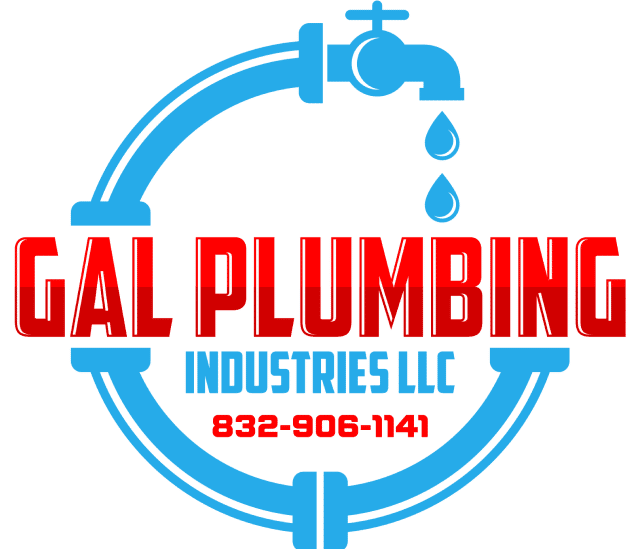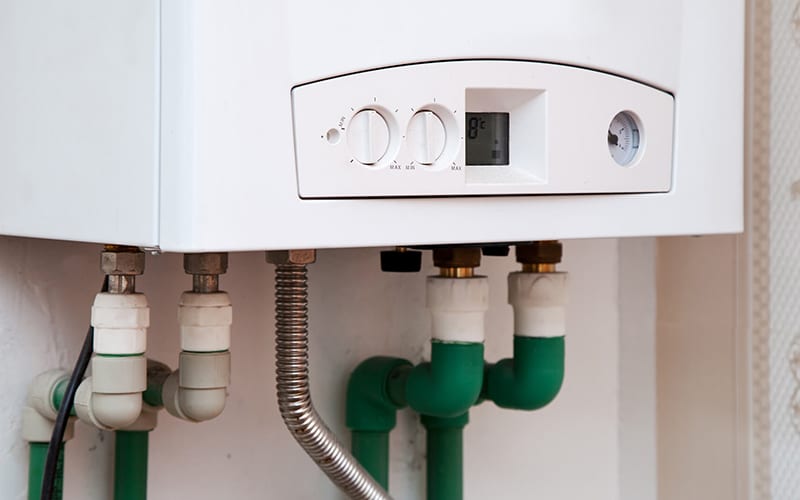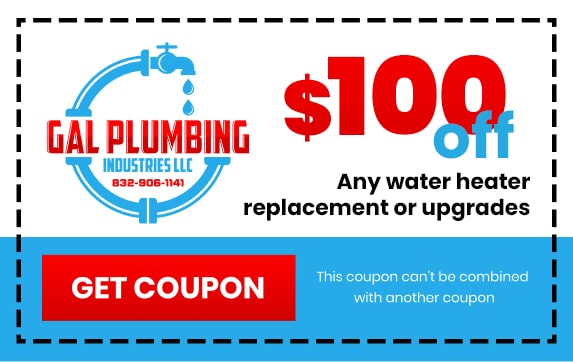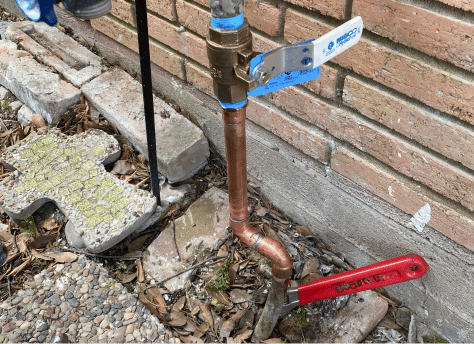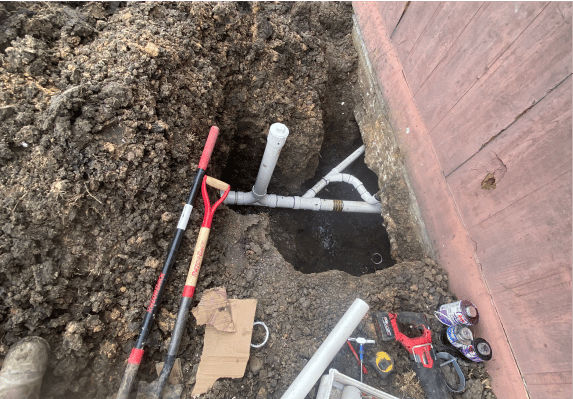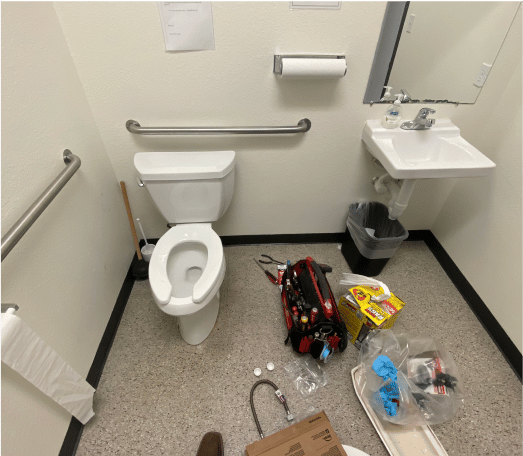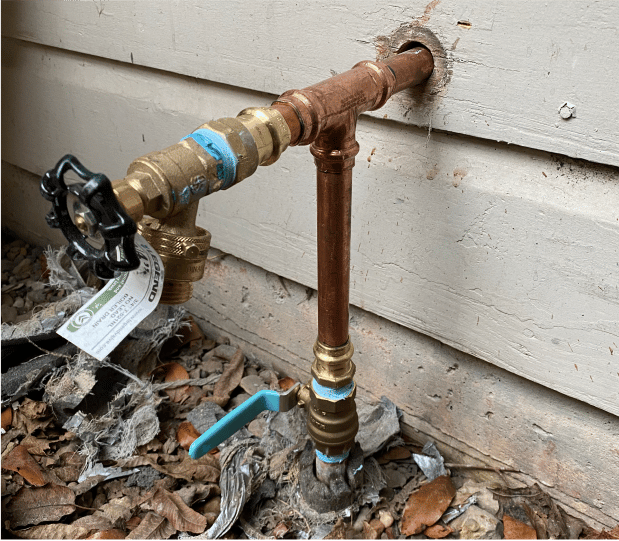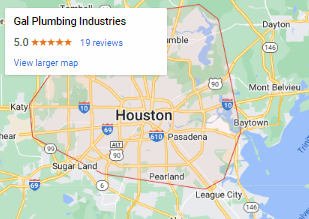A reliable water heater is a crucial element in every home, providing consistent hot water for daily activities like showering, cooking, and cleaning. Many homeowners in Katy, TX, and the entire Houston area may feel overwhelmed when selecting the right water heater for their needs and budget.
Choosing the right water heater for your home will not only ensure your comfort and convenience but also contribute to long-term energy savings, reducing your utility costs. When selecting a water heater, several factors must be considered, including fuel type, capacity, energy efficiency, and installation requirements. Comparing various options available and understanding their advantages and drawbacks will provide you with the knowledge to make an educated choice, tailored to your unique needs.
In this blog post, we will discuss the different types of water heaters on the market, explore factors to consider when choosing the most suitable option for your home and demonstrate how the skilled professionals at Gal Plumbing Industries can assist you in selecting and installing. By understanding the various aspects of water heaters and making a well-informed decision, you can enjoy a comfortable, efficient, and worry-free home environment while maximizing your investment.
Types of Water Heaters
Understanding the different types of water heaters on the market is a critical first step in selecting the right one for your home. The main categories include:
1. Tankless Water Heaters: These units heat water on demand, providing hot water instantly without the need for a storage tank. Tankless water heaters are energy-efficient and space-saving but may have a higher upfront cost and limited simultaneous hot water supply.
2. Storage Tank Water Heaters: The most common type of water heater, storage tank models heat and store a large volume of water in an insulated tank for on-demand use. While they are more affordable upfront, these water heaters can consume more energy due to standby heat loss.
3. Heat Pump Water Heaters: Also known as hybrid water heaters, these units use ambient heat from the air or ground to heat water, making them highly energy-efficient. Heat pump water heaters have a higher initial cost but can save you money in energy costs over time.
4. Solar Water Heaters: These eco-friendly systems utilize solar energy to heat water, dramatically reducing energy consumption and emissions. Solar water heaters require a significant upfront investment and may not be suitable for all climates or homes.
Fuel Options
The fuel type of your water heater will impact its efficiency, operating costs, and environmental footprint. Some common fuel options are:
1. Natural Gas: Gas-powered water heaters are generally more energy-efficient and have lower operating costs than their electric counterparts. However, they may require additional venting and have a higher initial cost.
2. Electricity: Electric water heaters are easy to install and maintain and typically have a lower upfront cost. However, they may have higher operating costs due to electricity prices.
3. Propane: Typically used in areas without access to natural gas lines, propane heaters offer similar performance to natural gas models, but with potentially higher fuel costs.
4. Solar: Solar water heaters use energy from the sun to heat water, resulting in significant energy savings. However, they can be costly to install and may require a backup power source for cloudy days or high-demand periods.
Capacity and Size Considerations
Selecting a water heater with the appropriate capacity and size is essential to ensure it can meet your household’s hot water demands. Here are some factors to consider:
1. Tankless Water Heaters: Determine the required flow rate and temperature rise based on the number of appliances that will simultaneously use hot water and the temperature of incoming groundwater.
2. Storage Tank Water Heaters: Choose a model with the appropriate First Hour Rating (FHR) and tank size, considering the number of residents and peak-hour hot water usage.
3. Installation Space: Be aware of the space limitations in your home, including the availability of venting and electrical or gas connections.
Our team at Gal Plumbing Industries can help you calculate your specific requirements and help you choose the most appropriately sized water heater for your home.
Energy Efficiency
Energy-efficient water heaters save you money on utility bills and reduce your carbon footprint. Evaluate your options based on the following:
1. Energy Factor (EF): This rating measures how efficiently a water heater converts energy into heat and retains that heat. A higher EF value indicates a more energy-efficient unit.
2. Annual Operating Cost: Consider the estimated annual energy costs of different water heater models based on their size, type, and efficiency ratings.
3. Rebates and Incentives: Look for federal tax credits, local incentives, or utility rebates that can offset the cost of purchasing a high-efficiency water heater.
Final Thoughts
Choosing the right water heater for your Katy, TX, home involves understanding the available options, considering fuel type, capacity, size, and energy efficiency factors, and partnering with knowledgeable professionals like Gal Plumbing Industries. Our team can help guide you through the selection and installation process, ensuring you make an informed decision that meets your needs, budget, and environmental goals.
With our top-tier plumbing, drain cleaning, and water heater repair and installation services, Gal Plumbing Industries is committed to helping you maximize your home’s comfort, efficiency, and sustainability.
Contact us today for expert guidance and support in choosing the most suitable water heater for your Katy, TX, home, and let us help protect your investment and enhance your quality of life.




